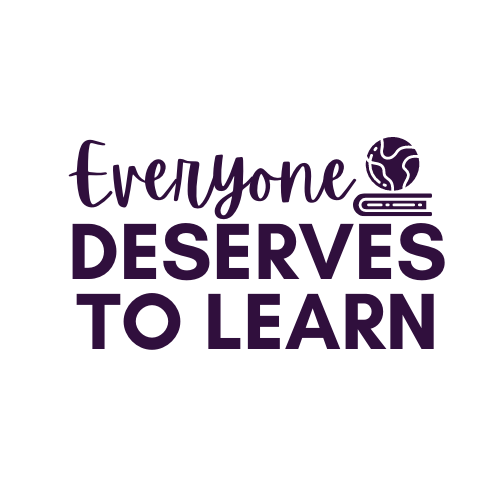Colonization, Cultural Appropriation, and the Classroom
Let's Start with Christopher Columbus
Times have changed; celebrating Christopher Columbus goes against all the work we have been doing to bring equity and social justice into our schools. (And it's not just CC, it's Ponce de Leon, Vespucci, Henry the Navigator, etc) The video below is a really good overview of the points for and against celebrating colonization.
1. How does this video compare to what you learned in school about Christopher Columbus?
2. How does this video compare to what our textbooks tell our students about Christopher Columbus?
3. Whose voice is missing from this interpretation?
"You Can't Teach American History Without Teaching Native American History"
That's an actual quote from the video below, which is an eye-opening history lesson on the effects of cultural appropriation on Native Americans. In it, Sean Sherman (aka the Sioux Chef) asks why there are no Native American restaurants, and goes on to explain the reason. Start around 2:40. When you're done, reflect on the questions below.
1. What surprised you about this video?
2. Imagine you showed your class (all grades included) the part of the video from 8:20-9:45, on mute. What words would you use to explain what is happening?
3. Whose voice is missing from this interpretation?
Connect it to the Classroom
You may be thinking, what does this have to do with my classroom? So now I have to teach differently than I have for the past 25 years? Does this mean more work for me? All of those questions are valid. If you're feeling uncomfortable, that's valid too.
Let's start by making one change. Just one change.
After reading a story, examining a picture, looking at a map, or watching a video, ask this question: "Whose voice is missing?" This opens the door for students to share their own perspectives, and develop critical inquiry skills. It's something you can do tomorrow, next week, and for the rest of the school year. The first time you ask, kids may not understand...they may never have been asked before. Model your thought process for them.
More info about asking that question:
Whose Voice Is Missing? (Geared towards elementary)
Whose Voice is Missing? (Geared towards Middle School)
Whose Voice is Missing? Applying the Question in Your Daily Life (video)
If you're ready to make another change:
Article: https://www.nccjtriad.org/2020/07/07/decolonizing-history-classroom/
Facebook group: Diverse Reads for the Classroom
Website with lesson plans: https://www.zinnedproject.org/
Website with teaching ideas: https://resilienteducator.com/collections/cultivating-diversity-inclusion-equity/
